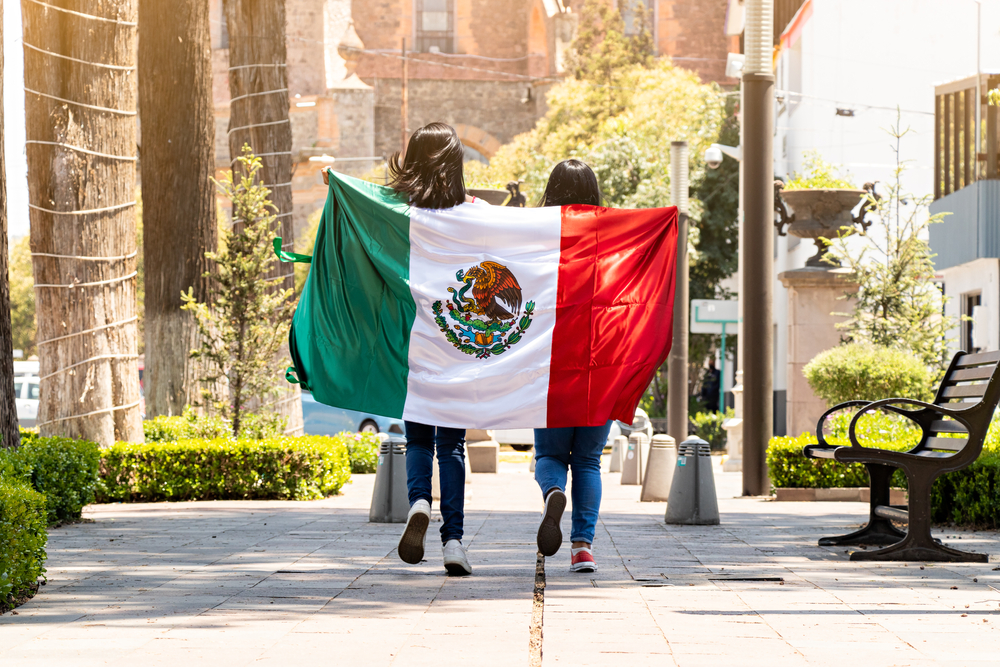The Supreme Court of Mexico decriminalized abortion on a federal level in a landmark ruling, marking a crucial milestone in the global campaign for reproductive rights. The court’s decision, which was verified in a social media statement on September 6, demonstrates a commitment to protecting the human rights of women and individuals who can carry a pregnancy.
Expanding access to abortion services
The Information Group for Chosen Reproduction (GIRE), a famous human rights group dedicated to improving reproductive rights, initiated the court appeal that resulted in this historic ruling. The GIRE, overjoyed with the outcome, expressed their joy on social media, underlining the decision’s revolutionary power.
With this decision, federal health institutions throughout Mexico are now required to provide abortion services to women and those who are pregnant on demand. This is a critical step in ensuring that reproductive healthcare is available to everyone regardless of their geographic location or circumstances.
A rising tide of change
Mexico’s acceptance of abortion rights is part of a more significant trend that is sweeping Latin America. Abortion was formerly exclusively lawful in cases of rape or on a state-by-state basis. However, in 2007, Mexico City’s federal district became the first territory in the country to decriminalize abortion for pregnancies up to 12 weeks. Since then, several states have followed suit, notably Aguascalientes, which will become the 12th state or federal district to legalize abortion on August 30, 2023.
Triumphs and obstacles
While the Supreme Court’s ruling represents a victory for reproductive rights, it is not without criticism. Religious and conservative groups in Mexico, a primarily Catholic country, have been vocal in their opposition to abortion decriminalization initiatives, citing their belief in the rights of unborn embryos. Mexico has one of the world’s largest Catholic communities, with over 78 percent of the population identifying as Catholic.
Even in countries where abortion is no longer illegal, access to abortion remains a problem. Some doctors refuse to perform the treatment, while opponents attempt to reintroduce restrictive legislation regularly. Despite these obstacles, Mexico’s Supreme Court decision is a stunning win for reproductive rights, heralding a shift toward a more inclusive and progressive society.
Mexico’s brave step toward universal reproductive healthcare provides a striking example in an era when reproductive rights are under scrutiny globally. It conveys a message that protecting the rights of women and individuals is a crucial foundation of a just and equitable society. This landmark ruling not only paves the path for more gender equality but also emphasizes the significance of defending human rights in the face of adversity.











